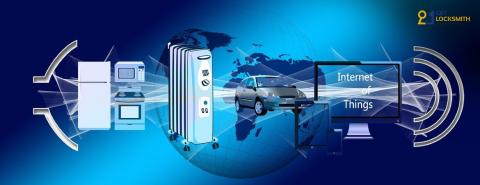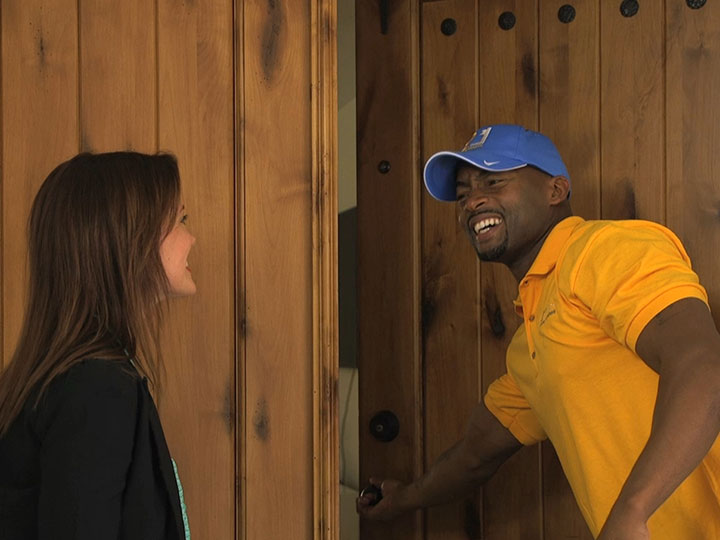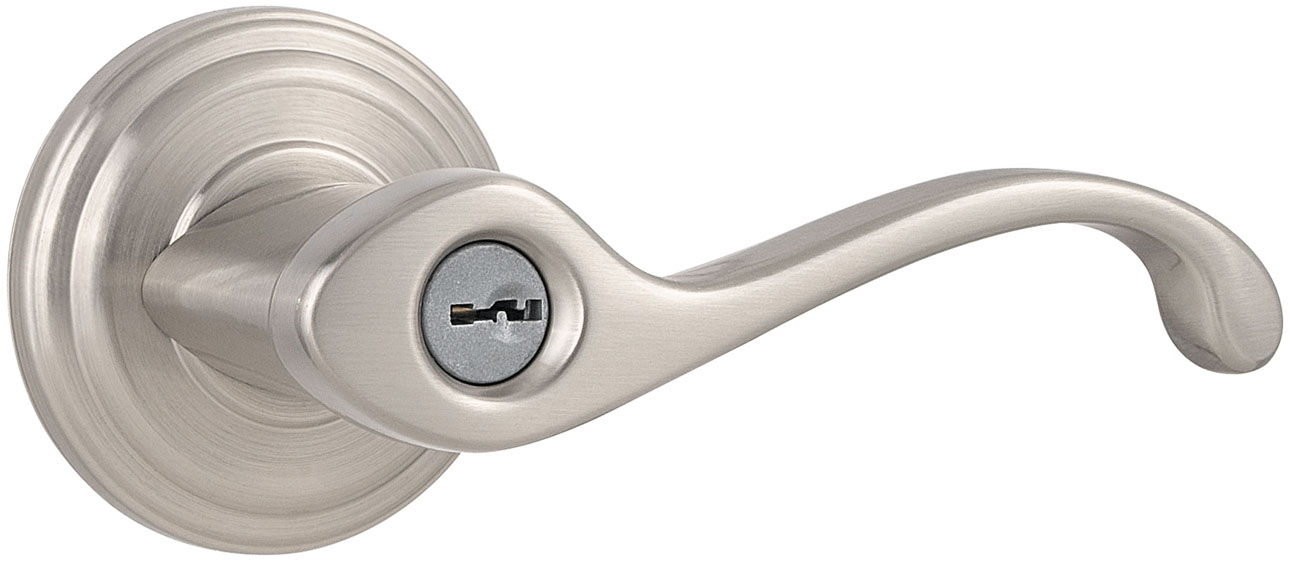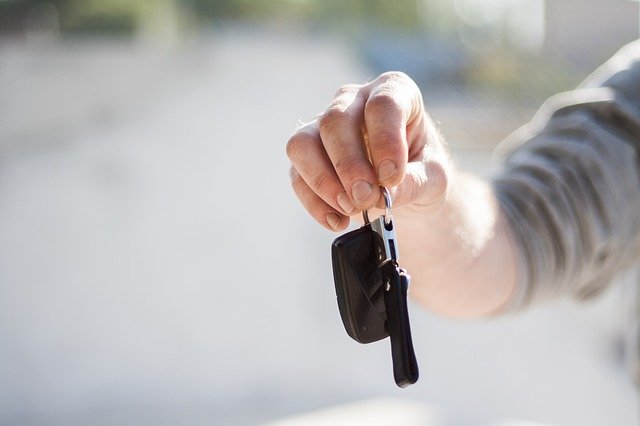Smart Homes: Convenience or Risk?

Picture this: You wake up every day at the same time. Your coffee pot is set to automatically fill so it is ready when you come into the kitchen. As you leave the house, you set the smart lock with three different codes: one for yourself, one for your dog walker, and one for when your child comes home from school. At noon, you remotely activate the dog feeder so it can dispense your dog’s lunch. Before your child comes home, you turn on the lights so it looks like he is coming home to someone. When the mailman knocks at the door, you receive an image of your phone to assure you that it is in fact the mailman before you open the door. When you come home, you set the thermostat to the exact temperature you prefer, and save it for future days. When you get ready for bed, you turn off all the lights in your house at once as you get into bed. Wait...did you lock the front door? According to the app, all the doors in your house are locked. You can now go to sleep in peace.
The Future of IoT (Internet of Things)
As the digital age continues to cross over more and more into our daily life, the Internet of Things is becoming engrained as we go through our daily usual activities. The Internet of Things (IoT) describes the way we have begun to turn every manual process into an online activity. We have done this with everything pet feeders, baby monitors, and even gardening. New apps are being created for every home function faster than we can imagine. One of the next major frontiers of the IoT is home security. This includes smart locks, doorbells, front door cameras, light controls, and thermostats. (Lights and thermostats are included in home security because of how central they are to the daily activities in one’s home.) One of the issues right now is home management. Is it really easier if you have to download ten different apps for ten different purposes, or instead one app that will learn everything about your home? Right now, most of the apps are for separate purposes, while other apps are trying to create a single centralized system.
But are those programs everything we want or need them to be?
There are two levels of security to consider : physical and virtual. Your physical security consists of the valuables in your house and the lives of you and your family. Virtual security is just as critical as physical security, and in some cases more so. Every time you register on an app or install a new device, you enter the same information, including your address, credit card, password, and other personal details. Then, all these apps track elements of your home and store that data. A lot of these apps still have security flaws. Many do not require complex passwords, and others only ask for one level of verification. In addition they rely on public Wifi and Bluetooth networks, which are easily hackable.
Before you digitize your entire life, take some precautions to protect your security:
- Use complex passwords (mixtures of uppercase and lowercase letters, numbers, and symbols).
- Make sure your WiFi networks are encrypted.
- Block unnecessary camera features.
- Keep security updates and add-ons up to date.
- Use two-factor authentication for all your apps.
So is the Internet of Things the future of home security? It’s probably inevitable. Is it the best solution? It’s getting there. But until it is, remember that manual security awareness is still your home’s first line of defense. Always make sure your doors are locked (physically check them-don’t just rely on what the app is telling you). Most smart locks also rely on batteries, so always make sure they have enough power to work. Keep valuables or important documents in safes or locked file cabinets that are hidden. These security apps are novel developments that in some ways will make our lives easier, but there are still kinks to be worked out. The IoT will eventually keep us safe, it’s up to us to keep doing the groundwork and maintain our own safety as we already know how to do.









